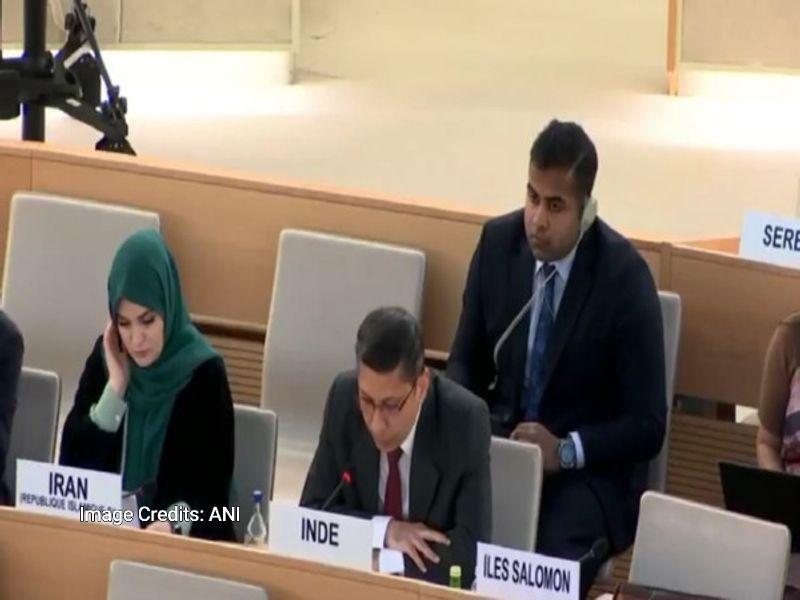
Unfounded, Baseless: India on UNHRC Chief Remarks on J&K, Manipur
India has strongly reacted to the recent statement made by the UN’s human rights chief, Volker Türk, on the issues of Jammu and Kashmir and Manipur. In a scathing response, India’s permanent representative to the United Nations, Arindam Bagchi, termed the remarks as “unfounded and baseless”. This development comes as a significant blow to the UN’s human rights chief, who had called for addressing violence in Manipur and expressed concerns over restrictive laws in J&K.
The controversy began when Volker Türk, the United Nations High Commissioner for Human Rights, made a statement on the situation in Jammu and Kashmir and Manipur. In his statement, Türk expressed concerns over the restrictive laws in J&K and the violence in Manipur. He called for addressing the issues of human rights violations in both regions and ensuring that the rights of the people are protected.
India, however, has rejected the UNHRC chief’s statement, calling it “unfounded and baseless”. In a strongly worded statement, India’s permanent representative to the United Nations, Arindam Bagchi, said that the world’s largest democracy continues to be a healthy, vibrant, and pluralistic society. He emphasized that India is committed to protecting the human rights of its citizens and has a strong track record of upholding democratic values.
The Indian government’s response was prompted by the UNHRC chief’s statement, which was seen as an interference in India’s internal affairs. India has consistently maintained that Jammu and Kashmir is an integral part of the country and that any issues related to the region should be resolved bilaterally with Pakistan and other stakeholders. The government has also been critical of the UNHRC’s approach to the Kashmir issue, accusing it of being biased and one-sided.
The controversy over the UNHRC chief’s statement has also sparked a debate over the role of the UN in promoting human rights. India has long been critical of the UN’s approach to human rights, arguing that it is biased and selective in its approach. The government has also accused the UN of interfering in India’s internal affairs and trying to dictate the country’s policies.
In response to the UNHRC chief’s statement, India has reiterated its commitment to protecting the human rights of its citizens. The government has emphasized its efforts to promote human rights through various initiatives, including the establishment of the National Human Rights Commission and the creation of a special task force on human rights.
The controversy over the UNHRC chief’s statement has also raised questions over the role of the UN in promoting peace and stability in the region. India has long been critical of the UN’s approach to conflict resolution, arguing that it is ineffective and biased. The government has also accused the UN of failing to take concrete action to address the issues of terrorism and radicalization in the region.
In conclusion, India’s response to the UNHRC chief’s statement on Jammu and Kashmir and Manipur has been clear and unequivocal. The government has rejected the remarks as “unfounded and baseless”, emphasizing that India is a healthy, vibrant, and pluralistic society that is committed to protecting the human rights of its citizens. The controversy has also raised questions over the role of the UN in promoting human rights and peace and stability in the region. As the debate continues, it remains to be seen how the UNHRC chief’s statement will impact the relationship between India and the UN.






